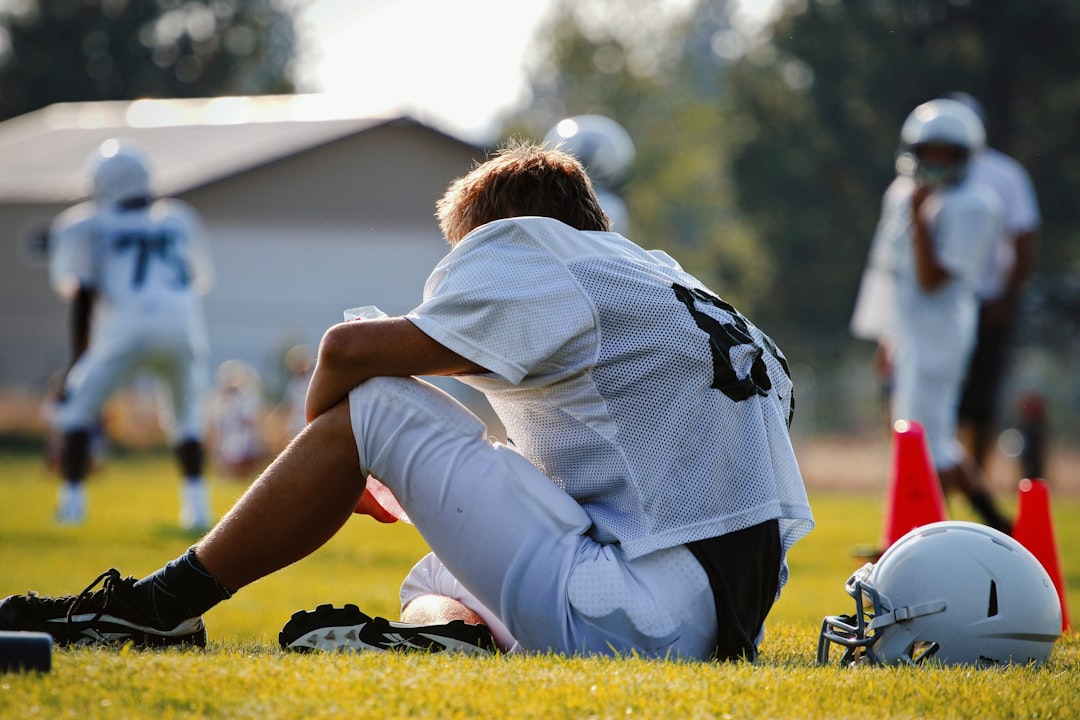The consequences of athletics superseding academics
Getting back to basics can set things right.
Originally published in the Moultrie News.
This week we have a trio of school sports-related questions with a common theme.
Should coaches be allowed to kick kids off a team for vaping during school?
Of course. Vaping, smoking, doing drugs—these are all incompatible with the physical conditioning required to excel in athletics. Coaches would certainly kick someone off the team who refused to run wind sprints. Well, vaping and those other practices can inflict a lot more damage to the cardiovascular system.
But why limit it to vaping? A coach should have the ability to kick a kid off a team for any misbehavior at school. Whether it's cutting class, disrespecting a teacher, or bullying another student, such conduct is the opposite of what schools should expect from student-athletes. Unfortunately, we have entered an age where achievement takes priority over character, and many coaches will turn a blind eye toward the off-the-field conduct of a quality player.
That’s not good. It’s better to teach kids that as student-athletes, their conduct as both students and athletes are equally important. Plus, we want athletes to be role models, and learning how to do that starts early.
But why limit it to sports? I can say the same for actors in the drama club, musicians in the marching band, and members of the debate team. Extracurricular activities are a privilege, and kids who participate should be held to a high standard.
My freshman daughter was the only student not to make the high school volleyball team, but three middle schoolers did. Is this fair?
Not to me. Unless there aren’t enough players, high school sports should be for high school students so more high school kids have an opportunity to play. This is especially true now that high schools are so huge. Picking fifteen players for a team in a school of 3000 students can leave dozens of kids out in the cold. To ensure more kids have an opportunity to participate, schools can limit teams to students who actually attend the school.
As achievement overtakes opportunity (and character—see above) as a priority in schools, many coaches have no qualms about cutting an average tenth grader in favor of a superior eighth grader. That doesn’t seem fair. Let middle schoolers patiently wait their turn.
Of course, eighth graders don’t have to sit idly. Many schools have B or C teams that are deliberately inclusive of middle school students. Also, a growing number of districts sanction organized middle school sports, so it’s not as if the eighth graders are going to waste away while they wait.
High schools in my area have academic eligibility rules for sports, but not middle schools. Shouldn’t they?
Yes, because it’s important to set the standard early and prepare those student-athletes for the expectations to come.
I’ve taught many outstanding middle school athletes. Sometimes they’re wildly enthusiastic about playing sports but totally apathetic about their education. The most obvious way to light an academic fire under them is through an eligibility standard: if you don’t pass your courses, you don’t play middle school sports. This would motivate lazy student-athletes to hit the books and listen in class.
Without a standard, they’re trained that academics don’t matter—performance on the court or field is the only relevant concern. By the time they get to high school, they possess none of the good study and work habits it takes to learn. Consequently, they fail to meet the high school requirements and become casualties of a system that values achievement over academics (and character and opportunity—see above).
Furthermore, student-athletes are supposed to be school representatives. Their jerseys have their school name emblazoned across the front. Why would you want your most prominent ambassadors to be indifferent to the very reason the school exists? Eligibility requirements for all levels of school sports would help train students to understand that education comes before athletics.
As you can see, each of these situations could be improved simply by getting back to basic values. The moment we let achievement supersede character, opportunity, and education, we start to lose a lot more than a few athletic contests.
Read the original column here.


